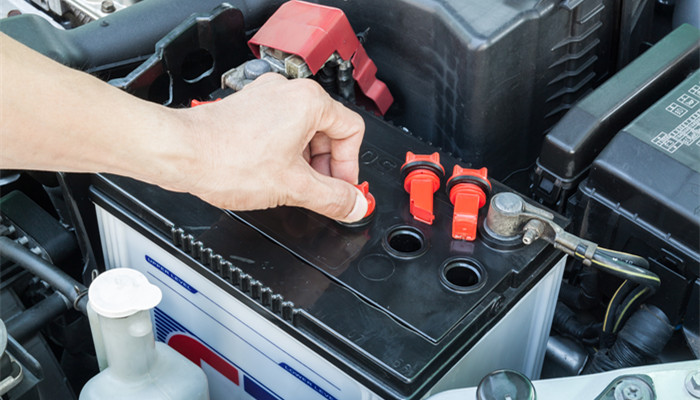
The nano-lithium iron phosphate industry has broad development prospects, and Defang Nano is a leading domestic enterprise.
Nano-lithium iron phosphate, referred to as nano-LiFePO4, refers to a lithium iron phosphate material with a one-dimensional average particle size of primary particles in the nanometer range. Compared with ordinary lithium iron phosphate materials, nano-lithium iron phosphate has the advantages of small particle size, high specific surface area, many micropores, large pores, many grain boundaries, excellent mechanical properties, and high cycle life, which can improve battery cycle life and increase battery life. Large reaction interface and increased discharge capacity have higher application advantages in manufacturing lithium batteries.
Nano-lithium iron phosphate is mainly used as a cathode material for lithium batteries in energy storage batteries, power batteries and other fields. In recent years, driven by the vigorous development of the domestic new energy vehicle industry, shipments of lithium iron phosphate batteries have continued to rise, which has in turn led to increasing demand and increasing production of lithium iron phosphate. According to data from the Nonferrous Metals Industry Association, domestic lithium iron phosphate production has reached 1.196 million tons in 2022, a year-on-year increase of approximately 160.6%. As a lithium iron phosphate material with better performance, nano-lithium iron phosphate has now become the mainstream of the market and accounts for a large share of the domestic market.
According to the “China Nano Lithium Iron Phosphate Industry Market Monitoring and Future Development Prospects Research Report 2023-2027” released by the Industrial Research Center It shows that nano-lithium iron phosphate has small particle size, large pores, and high production requirements. The main production methods include hydrothermal synthesis, sol-gel method, liquid phase co-precipitation method, microwave hydrothermal synthesis, etc. The technology threshold for nano-lithium iron phosphate is relatively high. At present, domestic companies with large-scale mass production capabilities mainly include Jiangxi Yue’an New Materials, Shenzhen Defang Nanotechnology, Qujing Defangyiwei, Shenzhen Topband Co., Ltd., Lanzhou Lanshi Heavy Equipment, There are many companies including Hunan Yuneng New Energy Battery Materials, Yunnan Yeyang New Energy Materials, Yunnan Construction Investment Sixth Construction, etc.
Among them, Defang Nano is a leading enterprise in the domestic nano-lithium iron phosphate industry. The company’s main business is the research and development, production and sales of nano-lithium iron phosphate materials. It has also developed a nano-lithium iron phosphate production technology “self-heating” with independent intellectual property rights. “Evaporative liquid phase synthesis method” realizes the production of low-cost and high-performance products. As of March 2023, Defang Nano has built a lithium iron phosphate production capacity of 265,000 tons/year, and its downstream customers have covered many leading lithium battery companies such as CATL and Yiwei Lithium Energy.
Industrial analysts said that in recent years, nano-lithium iron phosphate has become the leading lithium iron phosphate due to its superior performance. The mainstream product in the market has higher application advantages in the manufacturing of lithium iron phosphate batteries. At present, many companies in my country have large-scale mass production capabilities of nanolithium iron phosphate, and a leading company with technology and scale advantages has emerged. In the future, driven by the continuous leading role of leading companies and the rapid development of the lithium iron phosphate battery market, my country’s nanolithium iron phosphate market still has huge room for development.

 微信扫一扫打赏
微信扫一扫打赏

